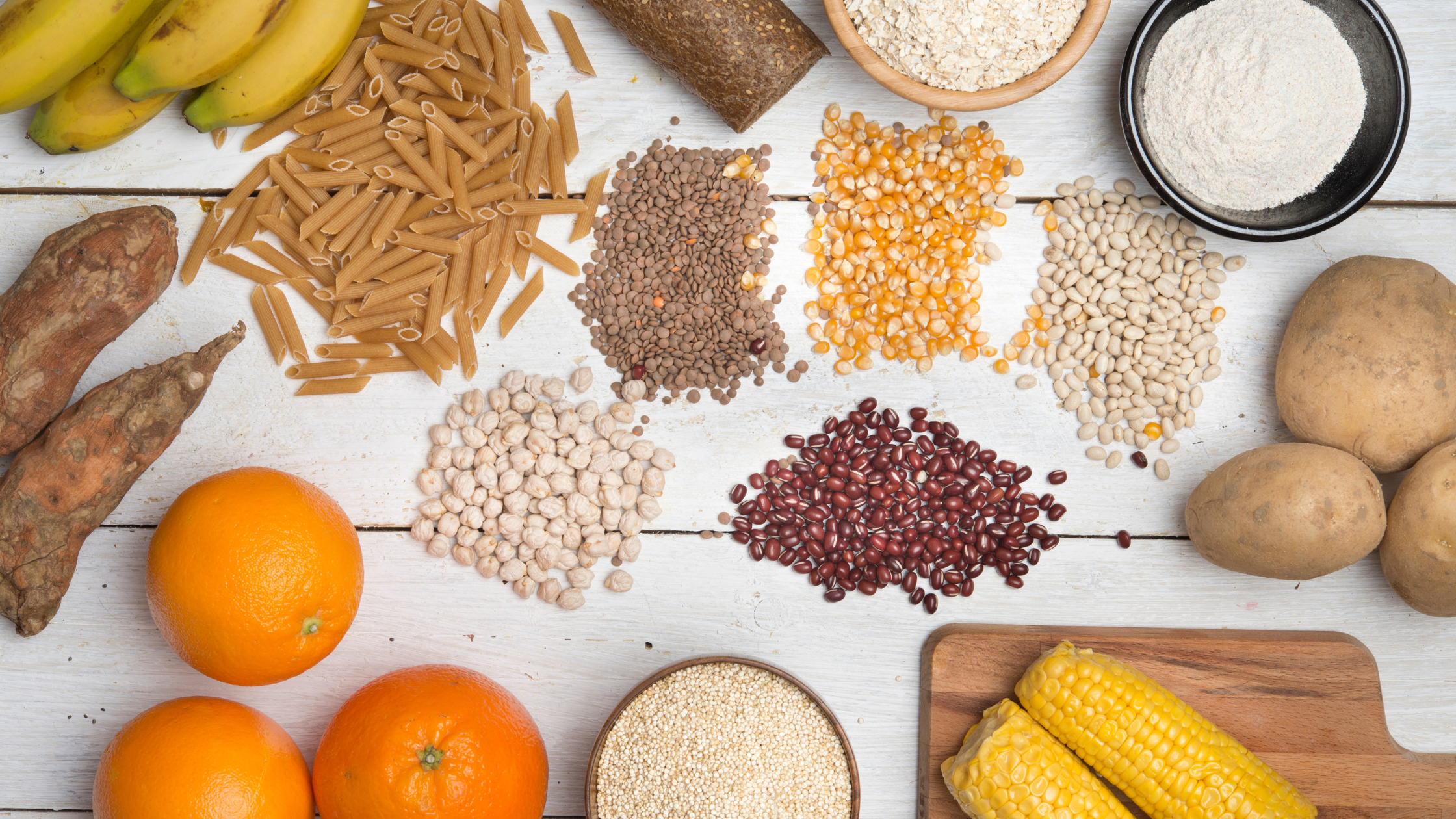
It's a well-known fact that what you eat can impact your sleep. Diet and sleep are related, in that eating better helps you sleep better. Therefore, if you are planning on making diet changes, you may be considering doing something drastic like cutting carbohydrates.
Before you start removing food groups, it's important to remember that your body need carbs in large amounts. Now, how you obtain these carbs is also important, and in what form they come.
Learning when to eat carbs, and how many, all depend on your goals. People with diabetes, for example, may count carbs and spread them out throughout the day because they are making insulin adjustments. This can help them manage their blood sugar levels so they stay within normal range.
Regardless of the reason behind your dietary choices, understanding how carbs affect your sleep, and when to consume them is important. Continue reading to learn more about eating carbs before bed.
Eating carbs before bed may help with sleep
Carbs have a role in regulating hormones that help you sleep. Eating carbs in the evening may aid in this process. However, it's not a simple, linear relationship.
What research has found is that those who eat diets high in carbs fall asleep faster than those who mostly eat protein or fat. Also, eating them a few hours before going to bed, and not just right at bed time may be more effective for helping people doze off quickly.
While this may be true, carbs may negatively affect how well you sleep. A very carb-heavy diet could lower your sleep quality if you are eating things with a lot of sugar or refined grains. These foods have been linked to increasing insomnia instead of deeper sleep.
The amount of carbs in your body could also dictate how your body progresses through various stages of sleep. High-carb diets may led to more REM sleep and less deep sleep. So, if you consume a lot of sugar, you may be experience more prolonged and disturbing dreams. Deep sleep, on the other hand, is important for feeling relaxed and refreshed when you wake up. So, if you're shortening it, then you may be missing out on that quality.
How your body digests carbs
Carbs are sugars and starches that your body converts and breaks down into simple carbs. Some carbs contain higher levels of fibers, which are not digestible by the body, and increase movement through your digestive tract.
Some sugars are refined, and can cause fast rises in your blood sugar. These short spikes also have drastic falls that can disrupt your sleeping patterns.
Carbs can make you feel sleeping by increasing a protein called tryptophan. This amino acid is a building block for serotonin and melatonin. Melatonin is the sleep hormone that tells your body it's time to go to sleep. High levels of tryptophan after eating carbs can increase both of these, which increase feelings of sleepiness.
Simple vs complex carbs
All carbs are not equal. There are two types of carbs - simple and complex. Simple carbs are sugars found in candy and sweet products. You can also find simple carbs in milk and fruit. These will rise your blood sugar quickly after you consume them.
Complex carbs are items like vegetables, whole grains, or bean. These take a bit more energy to break down and lead to a gradual increase in your blood sugar. Fiber is similar in that it is complex, and has positive effects on your digestive system.
Consuming too many simple carbs may negatively impact your sleep quality. Diets high in simple carbs have been linked to shorter sleep, more time in bed, and less time in restorative, deep sleep.
Complex carbs can boost the body's melatonin levels, so those who have diets higher in complex carbs may be at a lower risk for insomnia. Consuming more of the complex carbs in veggies have been linked to less tossing and turning in bed and better sleep quality.
Best carbs before bed
There are a number of foods rich in nutrients that promote good health and are high in carbohydrates.
One of these foods is grains. Diets with high levels of whole grains, like brown rice, whole-wheat bread, and oatmeal has been linked to lower levels of insomnia. Other grains like white rice, corn, and white bread raise the blood sugar quickly and may have less fibers and natural vitamins than whole grains.
Fruits are naturally occuring sugars, and excellent sources of carbohydrates. Eating a lot of fruit has been linked to better sleep quality, ane some research has been supported the superiority of kiwis and cherries over other fruits.
Dairy products may improve sleep because they contain lactose, which is a naturally occuring sugar. However, if you have a lactose intolerance or allergy, than you should avoid it before you go to bed as it can upset your stomach before going to bed.
Timing is as important as what you eat. Eating carbs 1-4 hours before going to bed is ideal, rather than eating them immediately before bed.
What if you're on a low-carb diet?
Low-carb diets, like Keto or Atkins, might make it more difficult for you to get a high enough number of carbs to experience these benefits. These types of diets have been used for weight loss, but some people have reported experience sleep problems with a new diet that restricts carbs.
However, there is no research that shows that low-carb diets severely impact sleep quality.
The best thing to do is talk to your doctor about your diet, and what's best for you. If you struggle with both during and after the time change, the issue may be more deep rooted. Please click the orange button below to take a free online sleep test and talk with one of our sleep health professionals.
https://thesleepdoctor.com/nutrition/should-you-eat-carbs-before-bed/

